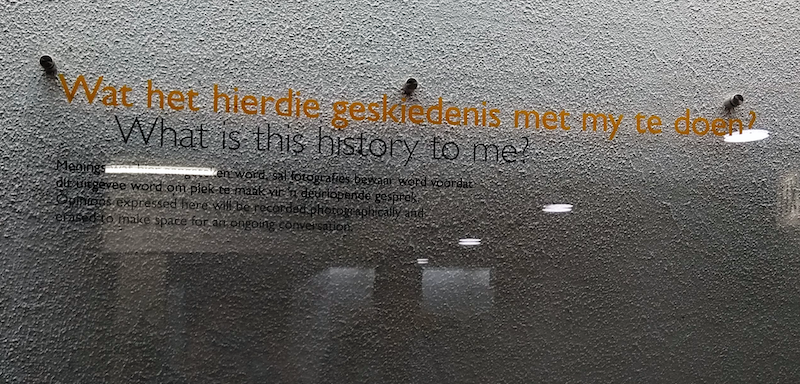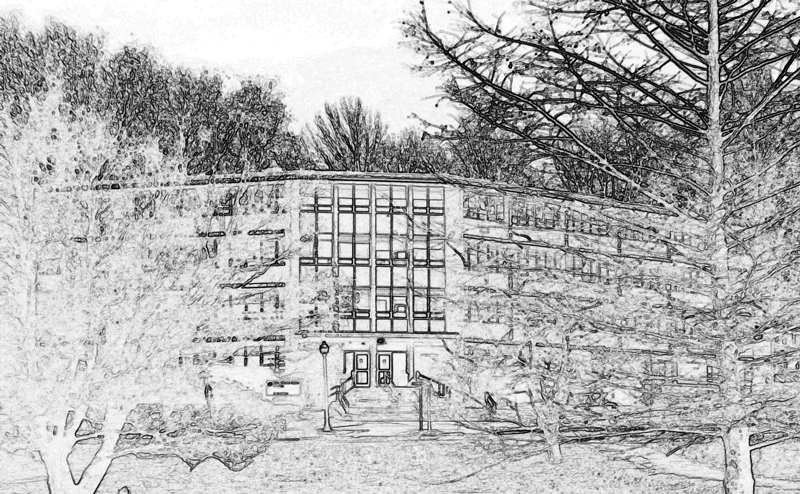Eli asked me to review one of the major books on the history of the social sciences in the United States, Mary Furner’s Advocacy and Objectivity: A Crisis in the Professionalization of American Social Science, 1865-1905. The book was originally published by the University of Kentucky Press in 1975 and a new edition with a long and interesting preface was published by Transaction Publishers in 2011. The current edition was published by Routledge in 2017 and there is a Kindle edition. Since the Kindle edition is what I used, all quotes will be to Kindle locations rather than page numbers.
Why bother with a 43 year-old book by an American historian in a blog on the ethnography of academia? For one thing, the level of ethnographic and behavioral detail Furner is a nuanced tour de force. Despite its compelling qualities, the book completely fails to capture the issues uniquely affecting American anthropology and therefore sets us a task that has yet to be addressed. The book remains, however, the most detailed and sustained treatment of the passage from political economy as a combined analytical/social reform effort to a set of academic disciplines called the social sciences that have mostly abandoned social reform and even abandoned the discussion of social reform issues in anything but veiled terms. The cases of the rebels she so vividly documents, and the controversies they created and how they were settled, rewards a close reading for the clues they provide to the present passive, defensive, and inert postures of most of the non-STEM fields.
Continue reading Furner, “Advocacy and Objectivity: A Crisis in the Professionalization of American Social Science, 1865-1905”




